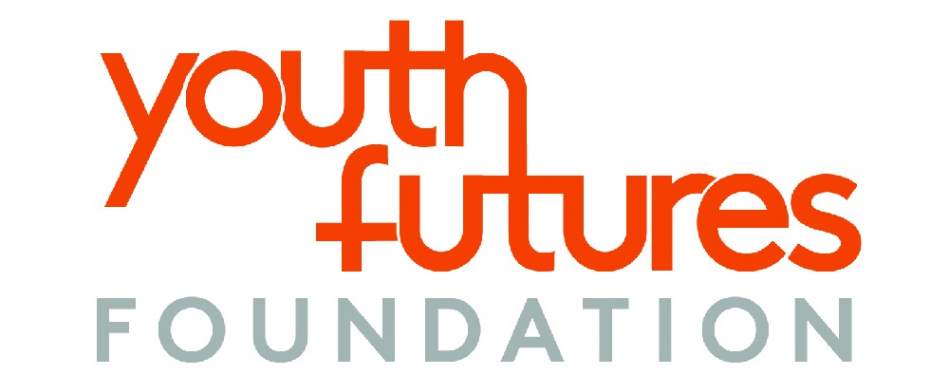When it comes to helping young people with a learning disability or autism spectrum condition into good jobs, we believe supported internships are a key part of the solution. They offer a lifeline to hundreds of thousands of young people who may not envisage meaningful employment and independence in their future. At the same time, they allow employers to access an overlooked pool of talent for their recruitment. By adopting inclusive recruitment practices, organisations can not only contribute to reducing rates of those not in education, employment or training (NEET) but also unlock the potential of a diverse and untapped workforce. Successfully delivering supported internships changes lives, improves businesses and builds better communities – it’s a win-win for everyone. The problem is, if we are genuinely to tackle the shockingly low 4.8% employment figure for the SEND community, we need many more of them.
The most recent research from NDTi shows that over 86% of people with a learning disability who do not have a paid job would like one, so it is not for the lack of ambition and drive that employment figures are so low for this group. High-quality evidence from the US highlights that supported internships are an excellent tool for young people who are transitioning from education to employment and who need extra support and exposure to employers. Youth Futures are keen to undertake further evaluation of supported internship models in the UK. The internships are run during the course of an academic year, taking place both in school or college and at the employer site, giving young people an opportunity to learn valuable skills on the ground while also continuing their education.
We have seen first-hand how the thousands of former DFN Project SEARCH interns have found their voice and place in society. Supported internships are the foundation for incredible stories of success, like that of Jonathan from Dundee who tackled his selective mutism to speak in public for the first time during his internship. In the 12 years since the Project SEARCH model has been implemented in the UK, DFN has supported 2,200 young people, over 60% of whom have gone on to paid employment, allowing many to live independently and follow their dreams, such as purchasing their first home or going on their first holiday.

